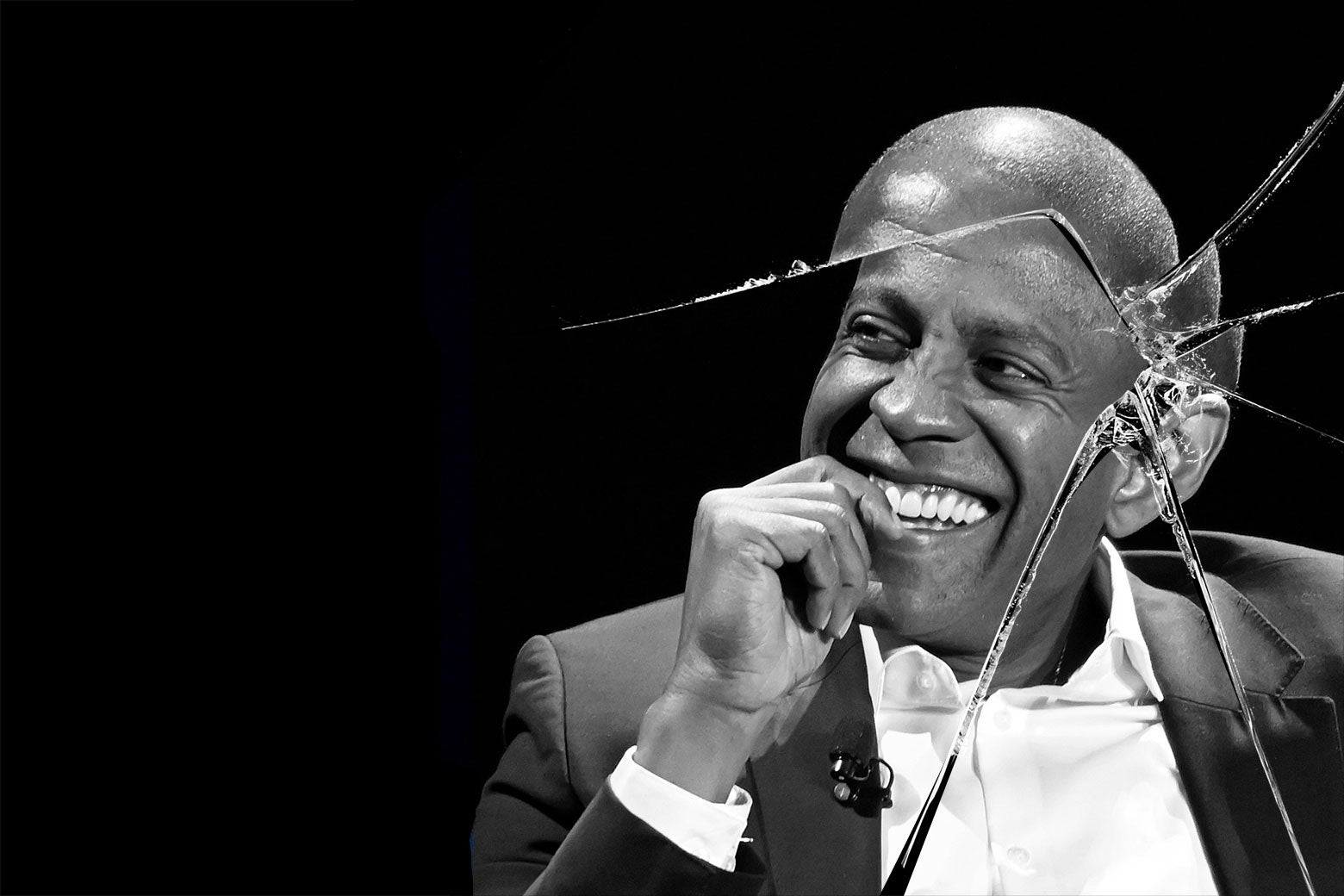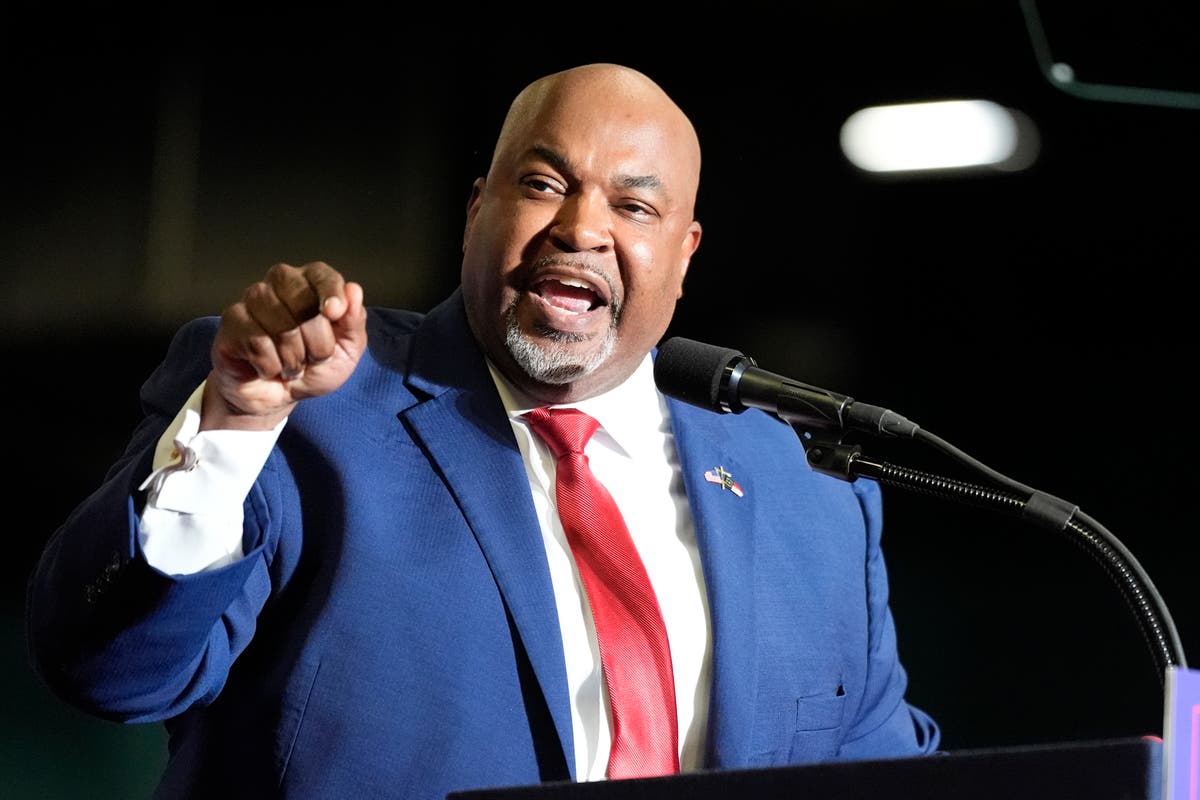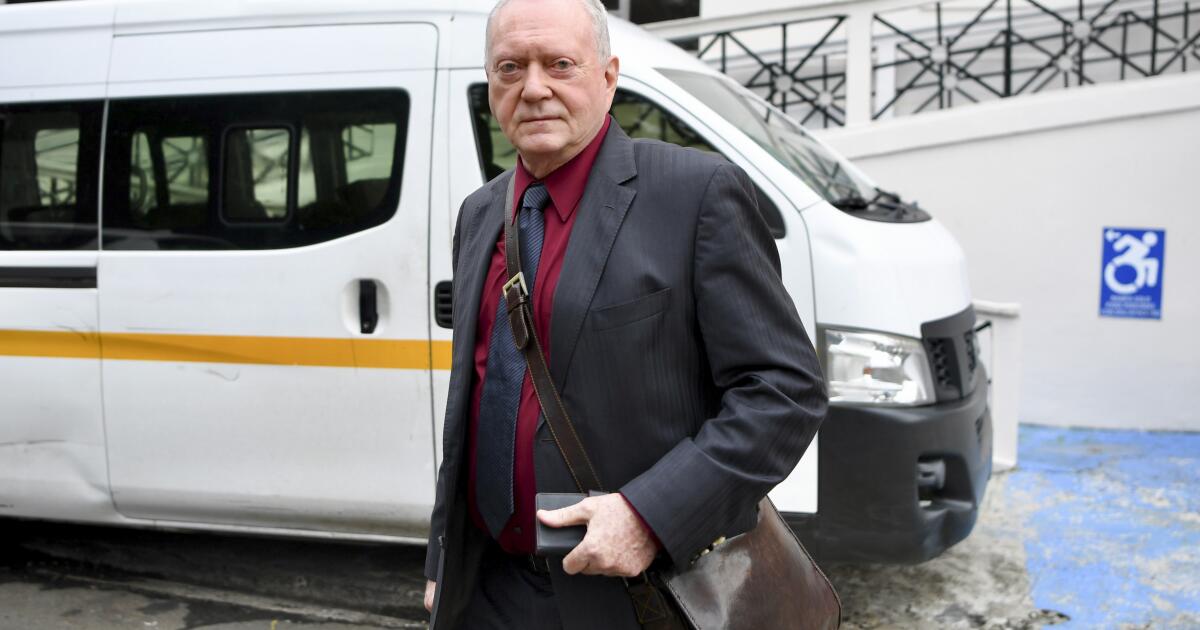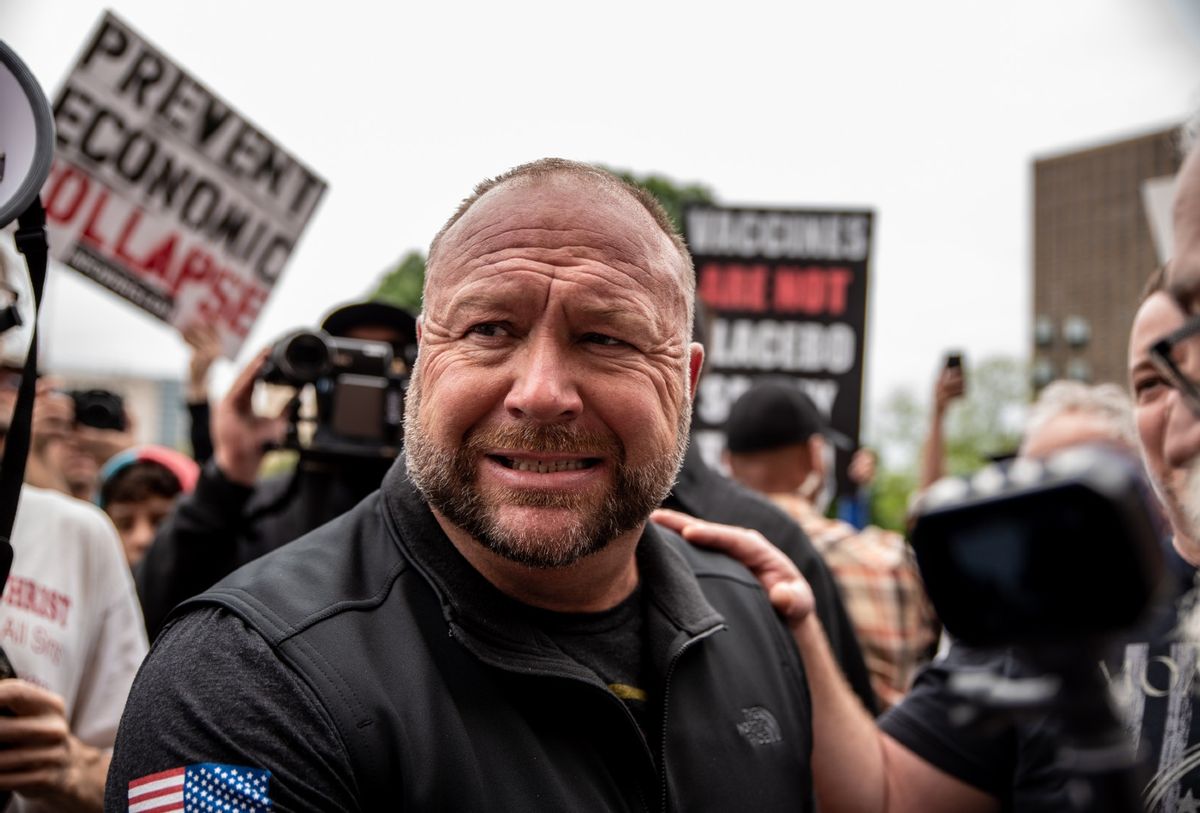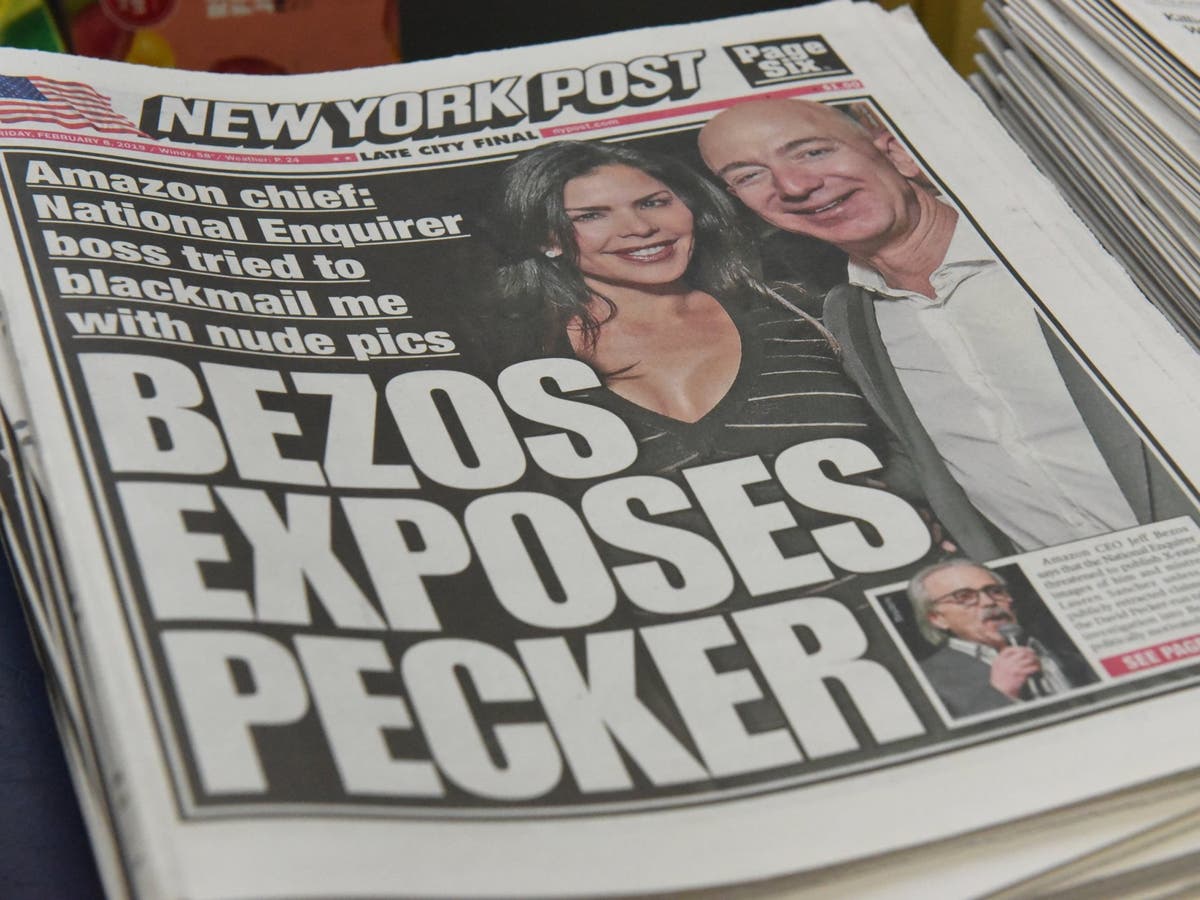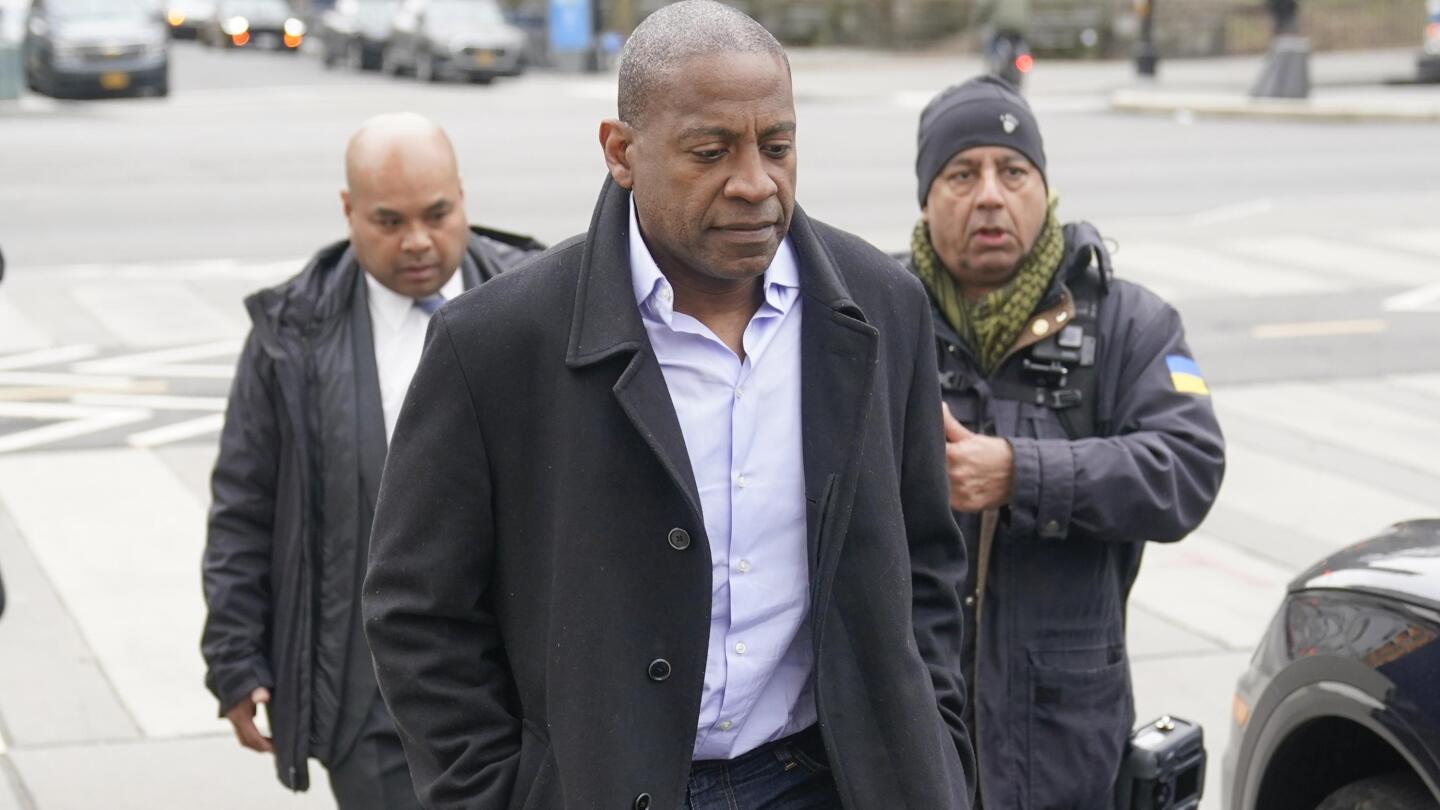
Ozy Media founder Carlos Watson denies federal fraud charges
Associated PressNEW YORK — The founder of the troubled digital start-up Ozy Media pleaded not guilty Thursday to federal fraud charges accusing him of scheming to prop up his financially struggling company, which hemorrhaged millions of dollars before it shut down amid revelations of possibly deceptive business practices. Federal agents arrested Carlos Watson at a Manhattan hotel earlier in the day after two of the company’s top executives pleaded guilty this month to fraud charges, including Ozy’s then-chief operating officer, Samir Rao, who prosecutors say impersonated a YouTube executive during a pitch to Goldman Sachs, a potential investor. In a parallel civil case, the Securities and Exchange Commission also charged Watson and the company with defrauding investors of about $50 million “through repeated misrepresentations concerning the company’s basic financial condition, business relationships, and fundraising efforts.” Ozy advertised itself as a progressive digital platform for “the New and the Next,” saying on its website that it sought to create a “space for fresh perspectives, introduces you to rising stars and breakthrough trends, and offers new takes on everything from news and culture to technology, business, learning and entertainment.” Watson, a former host on MSNBC and CNN, cofounded the company with Rao in California’s Silicon Valley a decade ago. In a statement posted on its website Thursday, the SEC said Rao and and Han “agreed to resolve the charges against them.” Authorities say Watson and his business partners, between 2018 and 2021, attempted to defraud investors and lenders of “tens of millions of dollars through fraudulent misrepresentations and omissions” about the company’s debts and other key financial information. “He ran Ozy as a criminal organization rather than as a reputable media company.” Michael J. Driscoll, the assistant director-in-charge of the FBI’s New York field office added that Watson “repeatedly attempted to entice both investors and lenders through a series of deliberate deceptions and fabrications.” If convicted, Watson faces at least two years in prison up to a maximum of 37 years, the U.S. attorney’s office said.
History of this topic

Carlos Watson gets nearly 10 years in prison in case about failed startup Ozy Media
NPRFormer TV host Carlos Watson gets nearly 10 years in prison in case about failed startup Ozy Media
Associated Press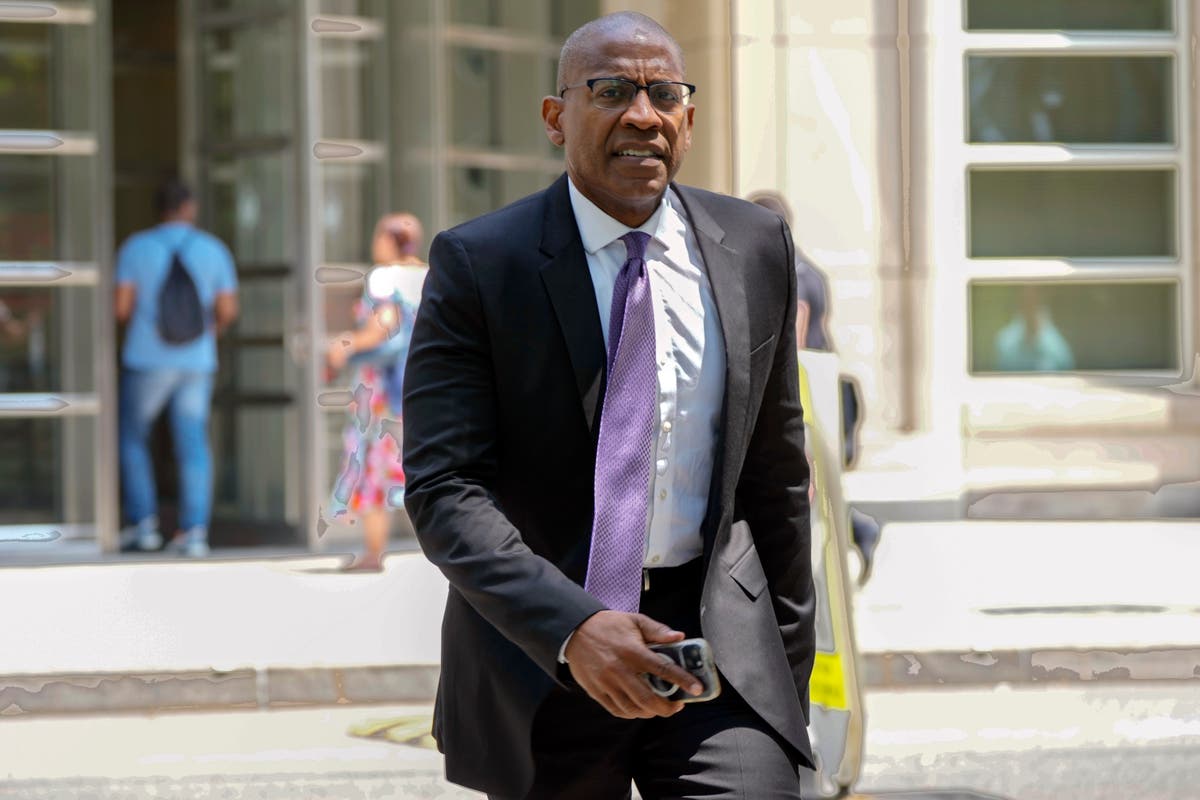
Ex-TV host Carlos Watson convicted in trial over collapse of startup Ozy Media
The Independent
Ex-TV host Carlos Watson convicted in trial over collapse of startup Ozy Media
LA Times
In fraud case, embattled Ozy Media is a no show
Associated Press
Ozy shuts down after accusations of deceit, as high-profile backers peel away
NPRDiscover Related
